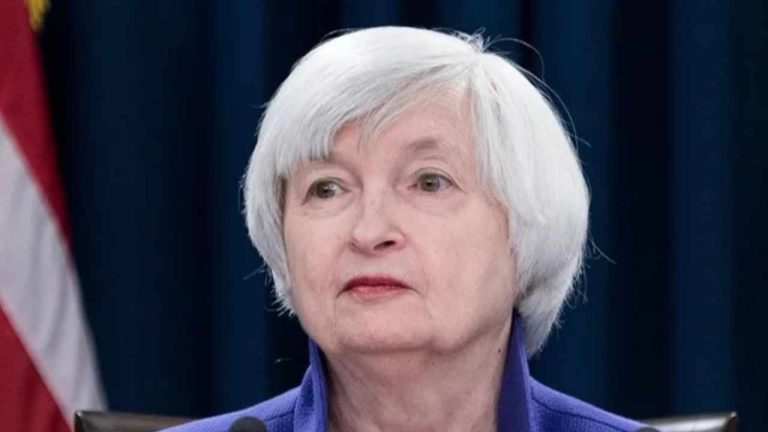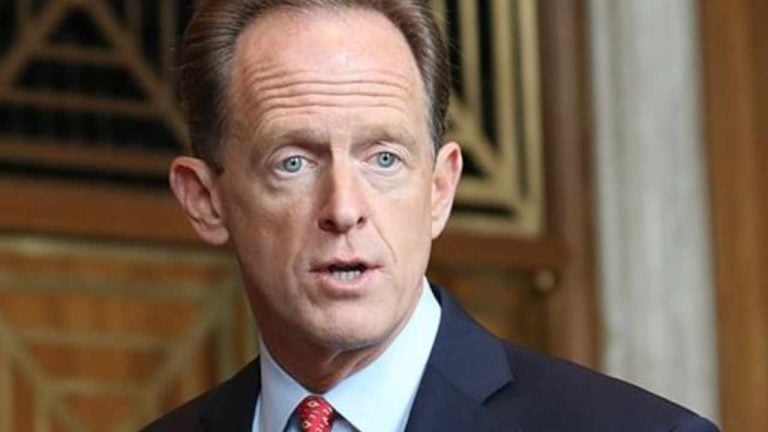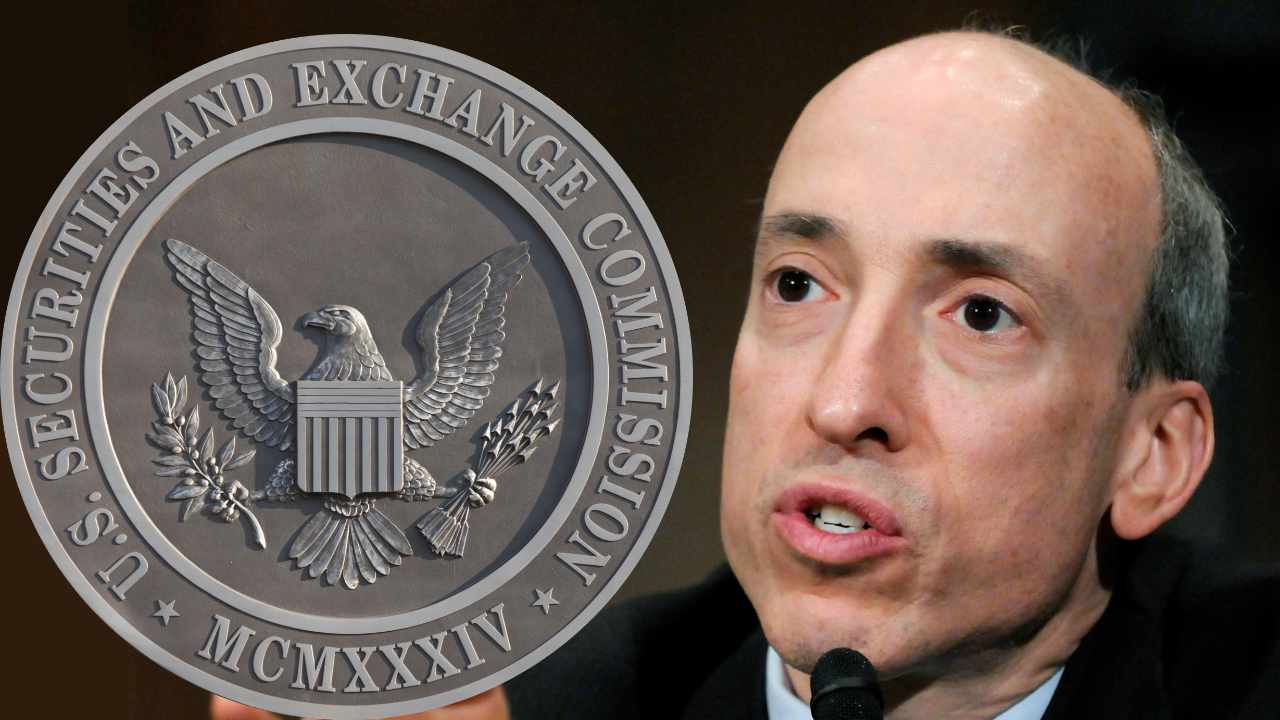
The SEC’s tagging of cryptocurrencies as securities has greatly affected the crypto market causing Algorand and Flow to hit historic lows on June 10.
The United States securities regulator designated a slate of cryptocurrencies as securities in recent lawsuits including Algorand (ALGO) and Flow (FLOW) which hit all-time price lows following the declaration.
On June 10, ALGO and FLOW hit their respective historic lows of $0.098 and $0.46, having dropped around 30% in the past seven days according to CoinGecko data.
Both have slightly rebounded since, with ALGO up over 12.5% and FLOW recovering just over 10.5% since June 10.

Last week the Securities and Exchange Commission (SEC) sued crypto exchanges Binance and Coinbase on June 5 and 6 respectively. In the process, it labeled 16 new cryptocurrencies as securities, including FLOW and Internet Computer (ICP).
ALGO was highlighted in the SEC’s case against Binance but was first singled out in its April lawsuit against Bittrex.
ICP has also seen a drop of about 25% in the past week and is currently trading around $3.65 — just 25 cents off its all-time low of $3.40 from December 2022.
Securities definition rebuffed
Solana (SOL), Cardano (ADA) and Polygon (MATIC) were also caught up in the SEC’s securities net and the creators of all three have staunchly rebuffed the regulator's claim.
On June 10, Polygon Labs tweeted in response to the SEC’s definition of MATIC without directly addressing the regulator.
Related: SEC charges against Binance and Coinbase are terrible for DeFi
It highlighted that Polygon was developed and deployed outside of the U.S. and MATIC was globally available “with actions that did not target the U.S. at any time.”
We are proud of the history of the Polygon network – developed outside the US, deployed outside the US, and focused to this day on the global community that supports the network. MATIC was a necessary part of the Polygon technology from Day 1, ensuring that the network would be…
— Polygon (Labs) (@0xPolygonLabs) June 10, 2023
The Solana Foundation similarly took to Twitter on June 10 saying it “disagrees with the characterization of SOL as a security.”
Cardano development company Input Output Global (IOG) said on June 7 it was “aware” of the SEC’s definition of ADA and claimed there were “numerous factual inaccuracies” by the regulator.
“Under no circumstances is ADA a security under U.S. securities laws. It never has been,” the firm wrote in a blog post.
Magazine: Tornado Cash 2.0 — The race to build safe and legal coin mixers










